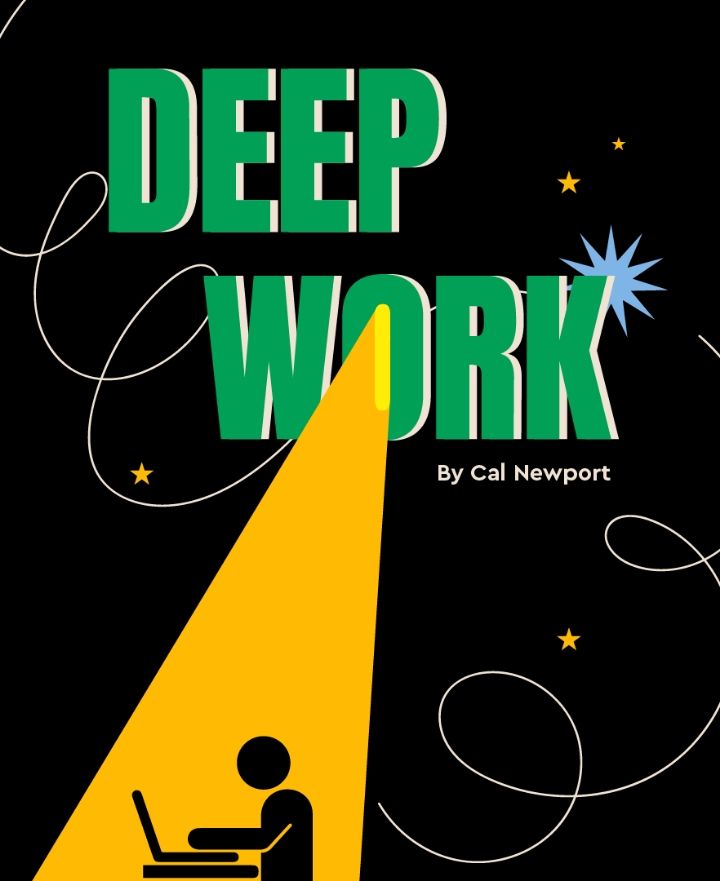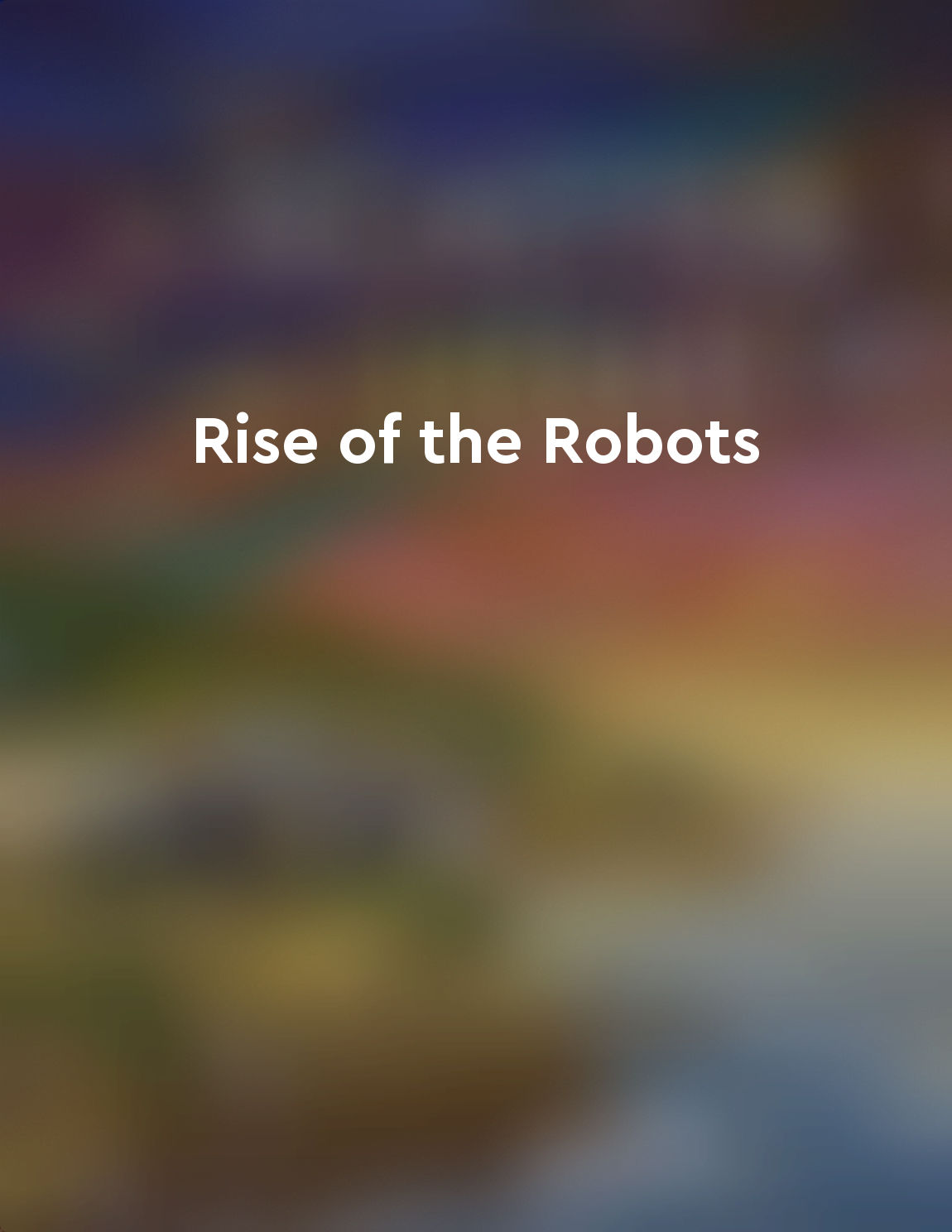Overuse of technology can result in a loss of adaptability from "summary" of The Glass Cage by Nicholas Carr
The rapid technological advancements in recent decades have undoubtedly revolutionized the way we live and work. With the proliferation of computers, smartphones, and other digital devices, we have become increasingly reliant on technology to navigate our daily lives. While these innovations have brought about numerous benefits and conveniences, they also come with a set of unintended consequences that are often overlooked. One such consequence is the potential loss of adaptability that can result from overreliance on technology. As we entrust more tasks to machines and automated systems, we run the risk of losing the ability to think critically, problem-solve, and adapt to new situations. Our reliance on technology can lull us into a sense of complacency, where we become accustomed to the convenience and efficiency it provides, without fully appreciating the skills and knowledge that are being eroded in the process. In his book, Nicholas Carr explores the implications of this loss of adaptability, arguing that it can have far-reaching consequences for individuals and society as a whole. He highlights how the overuse of technology can lead to a decline in essential cognitive skills, such as attention, memory, and creativity. By outsourcing tasks to machines, we deprive ourselves of the opportunity to engage in deep, focused thinking that is crucial for personal growth and development. Moreover, Carr underscores the impact of technology on our ability to adapt to unforeseen challenges and changes in our environment. When we rely too heavily on automated systems to handle routine tasks, we may struggle to cope with unexpected disruptions or deviations from the norm. Our capacity to think on our feet, make quick decisions, and adjust our behavior in response to new information may be compromised, leaving us ill-equipped to navigate complex and dynamic situations.- The loss of adaptability that can result from the overuse of technology poses a significant threat to our individual well-being and society at large. As we become increasingly dependent on machines to think and act on our behalf, we risk losing touch with our innate abilities to learn, grow, and adapt in a rapidly changing world. It is imperative that we strike a balance between harnessing the power of technology and preserving our essential human capacities to think critically, innovate, and thrive in the face of uncertainty.
Similar Posts

Build rituals to ease into deep work mode
To succeed with deep work, you must rewire your brain to be comfortable with intense concentration. This requires building ritu...

Prioritize selfcare
The concept of prioritizing self-care is not just about taking care of yourself physically, but also mentally and emotionally. ...

The rise of robots poses ethical questions about the role of technology in society
As robots become more advanced and integrated into various aspects of society, they raise important ethical questions about the...
The delegating of tasks to technology may diminish personal responsibility
In our modern world, technology has become an integral part of our daily lives. We rely on it for everything from communication...
A meaningful job is important for wellbeing
Work is the cornerstone of our existence. It shapes our identity, defines our purpose, and ultimately impacts our wellbeing. We...

Traditional religions are losing their hold on people, as science and technology take center stage
In the modern world, traditional religions are gradually losing their grip on people's minds and hearts. As science and technol...
Human judgment is still essential
In a world where machines are becoming increasingly capable of performing tasks that were once thought to be the exclusive doma...
Learning to be comfortable with boredom can lead to increased focus and creativity
Our brains, it turns out, are not great at handling boredom. In our hyper-connected world, we have become accustomed to a const...
Too much automation can reduce job satisfaction
When machines take over tasks that were once performed by humans, it can lead to a decrease in job satisfaction. This may seem ...

